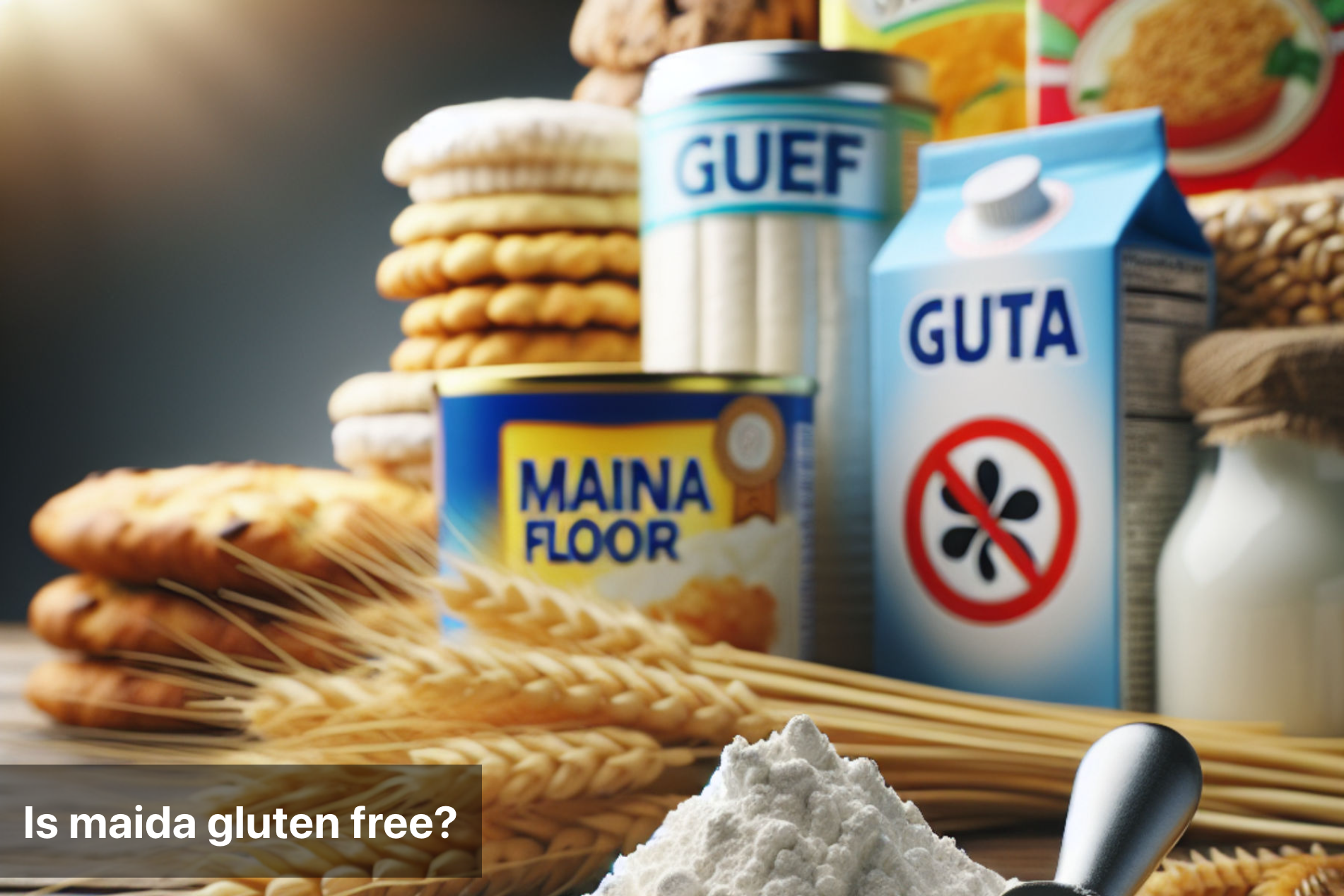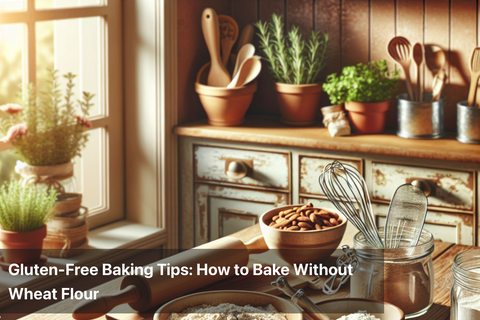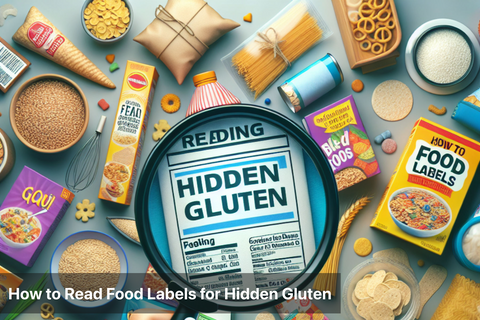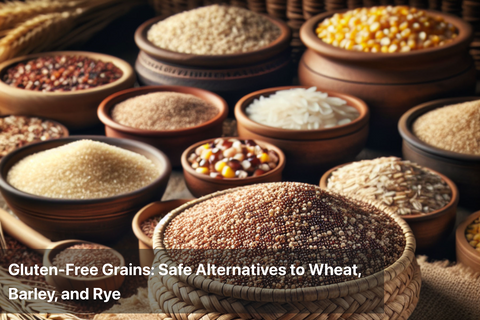
Is maida gluten free?
Maida flour, commonly known as all-purpose flour, is a finely milled wheat flour that has multiple culinary applications. It is a staple in many households and cuisines around the world, known for its versatility and ease of use in various recipes.
One key aspect to note about maida flour is that it is not gluten-free. Gluten, a protein found in wheat, is present in substantial amounts in maida flour, making it unsuitable for individuals with gluten intolerances or celiac disease.
In cooking, maida flour is often used to prepare delectable baked goods such as cakes, pastries, cookies, and bread. Its fine texture helps create light and fluffy textures in these treats, making it a popular choice among bakers.
Moreover, maida flour is also used in savory dishes like breaded fried items, pancakes, and certain types of noodles. Its neutral taste and ability to bind ingredients together make it a versatile ingredient in both sweet and savory recipes.
As you explore the world of culinary arts, understanding the characteristics and uses of maida flour can enhance your cooking and baking skills, allowing you to create a wide array of delicious dishes.

Maida & Gluten
-
Gluten Content: Since maida is derived from wheat, it contains gluten, which is a protein found in wheat and related grains like barley and rye.
-
Impact on Health: For individuals with celiac disease or gluten sensitivity, consuming maida can lead to adverse reactions because of its gluten content.
Alternatives to Maida for Gluten-Free Baking
-
Quinoa Flour: Quinoa flour is a versatile gluten-free alternative to maida, packed with nutrients and a unique flavor profile. It works well in baking recipes, adding a nutty taste and a boost of protein to your treats.
-
Almond Flour: Almond flour is a popular choice for gluten-free baking, offering a slightly sweet, nutty flavor to your creations. Rich in healthy fats and protein, almond flour can be used in a variety of recipes, from cookies to pie crusts.
-
Coconut Flour: Coconut flour is a high-fiber, low-carb alternative to maida, perfect for those following a gluten-free diet. It absorbs liquid more than other flours, so recipes may need adjustments. It lends a subtle coconut flavor to baked goods.
-
Buckwheat Flour: Despite its name, buckwheat is not related to wheat and is naturally gluten-free. Buckwheat flour has a rich, earthy taste and is ideal for pancakes, muffins, and bread in gluten-free baking.
-
Rice Flour: Rice flour, derived from finely milled rice, is a common gluten-free substitute for maida. It has a neutral taste, making it a versatile option for various baking recipes, including cakes, cookies, and bread.
-
Tapioca Flour: Tapioca flour is a starchy flour extracted from cassava root. It adds a chewy texture to baked goods and is often used in combination with other gluten-free flours to improve the overall consistency of the final product.

Is Maida a Good Choice for a Gluten-Free Diet?
Maida, commonly used in cooking and baking, is not gluten-free as it is made from refined wheat flour containing gluten. For individuals with gluten intolerance or celiac disease, consuming maida can lead to adverse health effects.
While maida is not suitable for those following a gluten-free diet, there are various alternatives available for gluten-free baking. Options such as almond flour, coconut flour, and rice flour can be used as substitutes in recipes that call for maida.
Understanding the importance of gluten content in maida is crucial for making informed dietary choices. It is recommended to opt for gluten-free flours when catering to gluten-sensitive individuals or aiming to reduce gluten intake for personal health reasons.
Maida is not gluten-free, and individuals seeking gluten-free options should explore alternative flours for their cooking and baking needs. Being aware of the gluten content in ingredients allows for a more inclusive approach to food preparation and consumption.
FAQs
-
Is maida gluten-free?
No, maida is not gluten-free. It is made from refined wheat flour, which contains gluten.
-
What is the difference between maida and gluten-free flour?
Maida is wheat flour that contains gluten, whereas gluten-free flour is made from alternative grains like rice, corn, or almond flour, which do not contain gluten.
-
Can people with gluten intolerance or celiac disease consume maida?
Individuals with gluten intolerance or celiac disease should avoid maida as it contains gluten that can trigger adverse reactions in their bodies.
-
Are there gluten-free alternatives to maida for baking?
Yes, there are many gluten-free flour options like almond flour, coconut flour, or rice flour that can be used as substitutes for maida in baking.
-
How can I identify if a product contains maida or gluten?
Always check the ingredient list on food packaging to see if maida is listed. Look for gluten-free labeling on products if you are specifically avoiding gluten.
This Blog post is an initiative by Lo! Foods, to provide accurate and Nutritionist / Doctor approved information related to Health. Lo! Foods is India's leading brand for Everyday Functional Foods. Foods designed for specific Health conditions or Needs. Lo! Foods also runs India's largest range of Low Carb Healthy Cloud Kitchens, under the brand names of Lo!, ProteinChef, ATH (All Things Healthy) and DiabeSmart.















Leave a comment
Your email address will not be published.